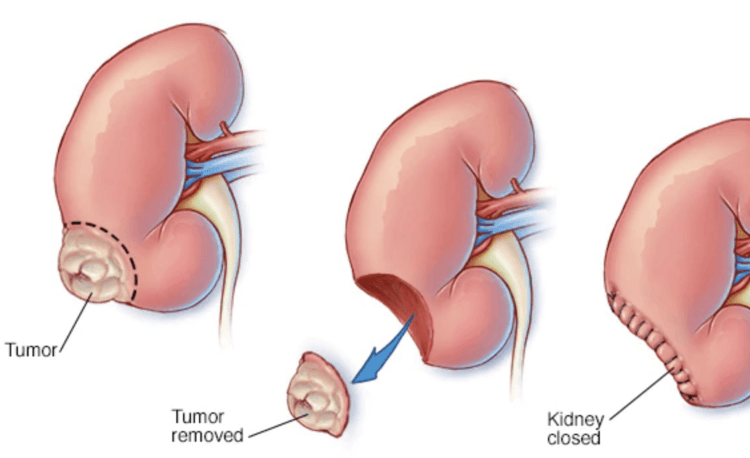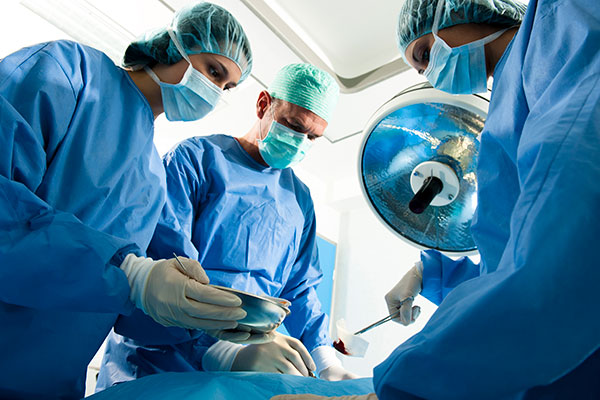What you need to know about Nephrectomy Procedure
Contents
- 1 What you need to know about Nephrectomy Procedure
- 2 What does the Procedure Involve?
- 3 How Long Should You Stay in the Area?
- 4 What’s the Recovery Time Like?
- 5 What Aftercare Should You Consider?
- 6 What is the Success Rate for Nephrectomy Procedure?
- 7 Are there Alternatives to the Nephrectomy Procedure?
- 8 What Should You Expect Before and After the Procedure?
Nephrectomy is the surgical removal of all or part of a kidney. There are two types of surgery for nephrectomy: radical nephrectomy (to remove the entire kidney and tissues of fat that surround the kidney) and partial nephrectomy (removes only diseased tissue from a kidney and leaves the healthy tissue in place). The surgery is performed to treat kidney cancer and other kidney diseases. Sometimes, it is also performed to remove a healthy kidney from a donor for a transplant.
What does the Procedure Involve?
Nephrectomy can be performed through laparoscopic or open surgery. Both are performed under general anesthetic. Laparoscopic nephrectomy is usually performed to remove part of your kidney. Your surgeon makes small incisions in your abdomen to insert the laparoscope and small surgical tools. If your entire liver needs to be removed, your surgeon will use open surgery. During open surgery, your surgeon makes one large incision on your abdomen or along your side.

How Long Should You Stay in the Area?
You are required to stay in the hospital for two to five days. Plan to stay in the local area for around 10 to 14 days because you are likely to develop deep vein thrombosis after the surgery. You will also need to attend follow-up checkups, during which your surgeon will remove your stitches.
What’s the Recovery Time Like?
The recovery period after a nephrectomy may take around three to six weeks. During your recovery period, you should avoid any strenuous activity and follow the post-operative instruction that your surgeon gives you. The instruction usually includes dietary restriction, exercise, and care for your healing wounds
What Aftercare Should You Consider?
Most people can function well with only one kidney. After the procedure, you can resume your daily routine and activities. However, you will likely need checkups to monitor kidney function. These include monitoring your blood pressure, waste filtration, and protein urine levels. Since you only have one kidney, you will need to eat a healthy diet and engage in regular exercise to preserve normal kidney function.
What is the Success Rate for Nephrectomy Procedure?
Nephrectomy is generally safe and the risks are very small. Partial nephrectomy has about a 95% success rate. Nevertheless, the procedure carries potential risks, such as bleeding, injury to nearby organs, infection, post-operative pneumonia, and rare allergic reaction to anesthesia.
Are there Alternatives to the Nephrectomy Procedure?
For certain illnesses, there are alternatives that do not need the removal of a kidney. The alternatives include renal embolization.
What Should You Expect Before and After the Procedure?
After nephrectomy, you will no longer experience symptoms that you had before the surgery. The risk of cancer, as well as cancer spreading to other parts of your body, is also reduced. Remember that taking care of your remaining kidney is extremely important.
For an in-depth analysis of a Laparoscopic Nephrectomy Procedure, watch this short video.
To check prices or to book a Nephrectomy Procedure in Thailand or anywhere else in the world, head on over to MyMediTravel now!

